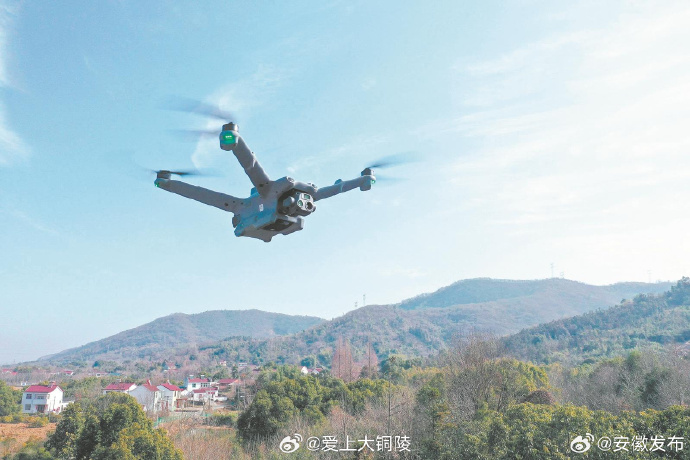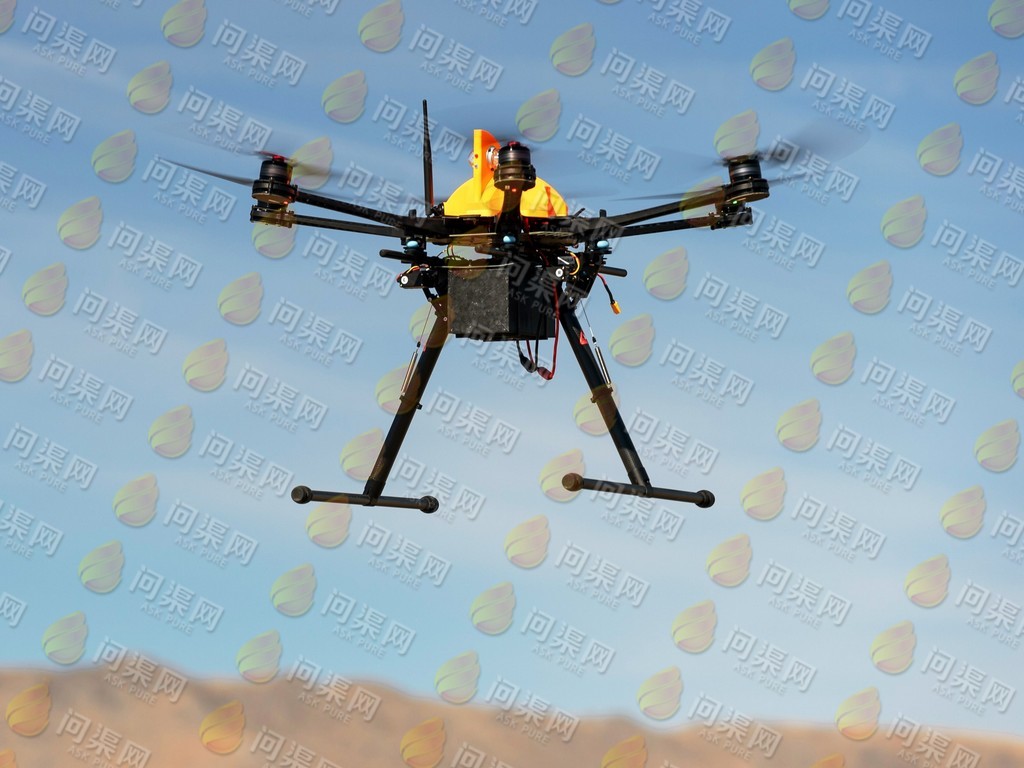In recent years, FBI drones have become a cornerstone in modern law enforcement technology. These unmanned aerial vehicles (UAVs) provide the Federal Bureau of Investigation with a powerful suite of tools that enhance their operational capabilities. As the demand for advanced surveillance methods grows, the FBI continuously seeks innovative drone solutions that meet the agency’s rigorous requirements.
The Importance of Drone Technology
Drones offer the ability to gather intelligence quickly and efficiently, crucial for missions that require discretion and agility. The FBI uses drones to monitor areas that would be otherwise inaccessible or dangerous for human agents. Their aerial perspective gives the agency a strategic advantage, allowing them to survey vast territories, track suspects, or assess situations with real-time data. This technological asset is pivotal in conducting counter-terrorism operations, locating missing persons, and thwarting criminal activities.
Advanced Features of FBI Drones
FBI drones come equipped with cutting-edge technology, such as high-resolution cameras, thermal imaging, and night vision capabilities. These features enable the FBI to carry out operations under various conditions regardless of the time of day. The integration of GPS and autonomous navigation systems enhances the efficiency of their missions, reducing the need for manual piloting and allowing for extended aerial surveys. Additionally, these drones are designed with encrypted communication systems, ensuring that data transmission is secure from external threats.
The Future of FBI Drones
Looking ahead, the FBI is poised to incorporate artificial intelligence into its drone technology, which will enable more sophisticated pattern recognition and predictive analytics. This development could revolutionize how the bureau engages with criminal networks or addresses evolving threats. AI-powered drones may become an integral part of pre-emptive crime detection and management strategies, offering new layers of intelligence-gathering and threat assessment.
Challenges and Considerations

While the benefits of FBI drones are clear, some challenges exist. The legal implications of drone surveillance, such as privacy concerns and air space regulations, must be carefully navigated. The agency continually evaluates its compliance with federal laws to ensure their operations respect civil liberties while protecting national security. Public perception of drone use by law enforcement also plays a significant role, requiring transparency and regular public communication to dispel any potential misconceptions.
Investing in research and development is crucial for the FBI to maintain leadership in drone technology, with continuous advancements ensuring that their apparatus remains state-of-the-art.

FAQ Section
- Do FBI drones invade privacy?
FBI drones are employed following strict protocols and legal guidelines, prioritizing national security while respecting individual privacy rights. - How do FBI drones enhance law enforcement?
These drones provide aerial surveillance and real-time intelligence, allowing for more effective and safer law enforcement operations. - What future technologies might influence FBI drones?
Emerging technologies like AI and machine learning could further optimize drone analytics, broadening their applications in predictive policing and strategic missions.
